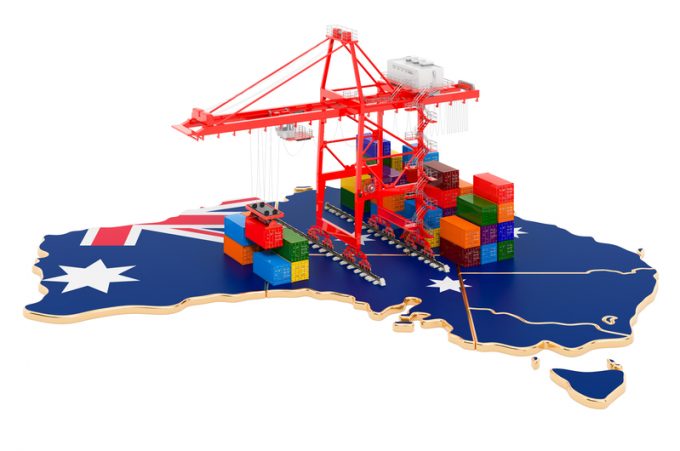Shipping Australia calls for end to 'disruptive' port strikes
Lobby group Shipping Australia (SAL) has urged Australia’s federal workplace and state and territory ministers ...

Australia’s freight associations have called for a ‘FMC-style’ federal regulator to oversee foreign-owned shipping lines and their “overseas masters”.
The Freight & Trade Alliance (F&TA) and Australian Peak Shippers Association say serious disruption to international supply chains is jeopardising access to markets for importers and exporters.
F&TA director Paul Zalai said: “Market forces are failing to provide basic protections to critical sectors of commerce, with devastating effects felt by retailers, manufacturers, farmers and rural communities”.
With global container shipping demand at record levels, ...
'Disastrous' DSV-Schenker merger would 'disrupt European haulage market'
'Chaos after chaos' coming from de minimis changes and more tariffs
List of blanked transpac sailings grows as trade war heats up and demand cools
Shippers in Asia restart ocean shipment bookings – but not from China
India withdraws access for Bangladesh transhipments, in 'very harmful' decision
'Tariff hell' leaves industries in limbo – 'not a great environment to plan'
Asian exporters scramble for ships and boxes to beat 90-day tariff pause
Temporary tariff relief brings on early transpacific peak season
Volumes set to 'fall off a cliff' as US firms hit the brakes on sourcing and bookings
Pre-tariff rush of goods from US to China sees air rates soar, but not for long
De minimis-induced ecommerce demand slump could cripple freighter operators
Forwarders 'allowing the fox into the chicken run' by supporting 'hungry' carriers
Hapag 'took the bigger risk' when it signed up to Gemini, says Maersk
Navigating tariffs: 'like trying to solve a Rubik's cube while colour-blind'
'Restoring America's maritime dominance' – stop laughing at the back of the class

Comment on this article